German politicians made a final scramble for votes Saturday on the eve of key elections in which conservatives hope to win despite the dramatic rise of the far right targeting a record score.
Sunday’s vote comes at a time of upheaval for Europe and its biggest economy as US President Donald Trump has ended a united Western stance on the Ukraine conflict by reaching out to Russia.
Trump’ threats of a trade war spell more trouble ahead for Germany, after its economy has shrunk for the past two years, and as it also faces bitter social polarisation on the flashpoint issues of immigration and security.
Sunday’s vote is being held more than half a year ahead of schedule after centre-left Chancellor Olaf Scholz’s three-way coalition collapsed in early November.
The conservative CDU-CSU alliance, led by Friedrich Merz, has long had a strong lead in opinion polls on around 30 percent, double that of Scholz’s SPD.
The far-right Alternative for Germany (AfD) has been polling in second place on around 20 percent, boosted by anger over a spate of deadly knife attacks and car rammings blamed on migrants.
Just 10 days before the election, an Afghan man was arrested for ploughing a car through a street rally in Munich, killing a two-year-old child and her mother and wounding dozens.
Germany was again shocked by a stabbing that badly wounded a 30-year-old Spanish man at Berlin’s Holocaust Memorial on Friday, though police have not yet spoken about the suspected motive.
The AfD has had strong support from Trump’s inner circle, with tech billionaire Elon Musk and Vice President JD Vance speaking out in support of the party.
With domestic tensions running high, two far-right demonstrations as well as a counter protest are expected to draw crowds in Berlin on Saturday.
In a final TV debate with Scholz on Wednesday, the CDU’s Merz called on Germans to give him a strong mandate to “solve the country’s two major problems: migration and the economy”.
On Saturday afternoon, Merz will hold a final election rally in Munich alongside Markus Soeder, leader of the CSU, the CDU’s sister party in the southern state of Bavaria.
Scholz, speaking at his final campaign rally in Dortmund on Friday, stressed his support for Ukraine’s sovereignty and defended Germany’s commitment to free speech in a pushback against recent comments Vance made in a blistering speech at the Munich Security Conference.
Scholz pledged that “we won’t leave Ukraine alone and decide things over their heads and we will ensure that Ukraine is a country that can choose its own government”.
Stephanus Remmert, an SPD supporter at Friday’s rally, said he was “still hopeful” about the election but regretted that some social, climate and economic issues had gotten short thrift during the campaign.
“I hope we don’t slide too far to the right and that we can form a strong counterweight to America,” he said.
In Berlin, 28-year-old Jonathan Winkler, a video editor, said he was planning to vote for the conservatives despite “not being a big fan of Merz”.
If the polls are correct, Merz will win but then need the support of at least one and possibly two other parties to form a government.
The conservative leader has ruled out forming a ruling alliance with the AfD, which leaves his two most likely partners as the SPD and the Greens — who are polling on around 15 and 13 percent respectively.
This would force them into a lengthy negotiating process to rebuild trust after a heated election campaign in which they clashed on migration and how to deal with the AfD, but also on fiscal policy questions.
“Forming a coalition is likely to be very difficult indeed,” said Jacob Ross, a researcher at the German Council on Foreign Relations.
“Nevertheless, it would be in Germany’s interest to have people in place in Berlin who are capable of acting as quickly as possible.”
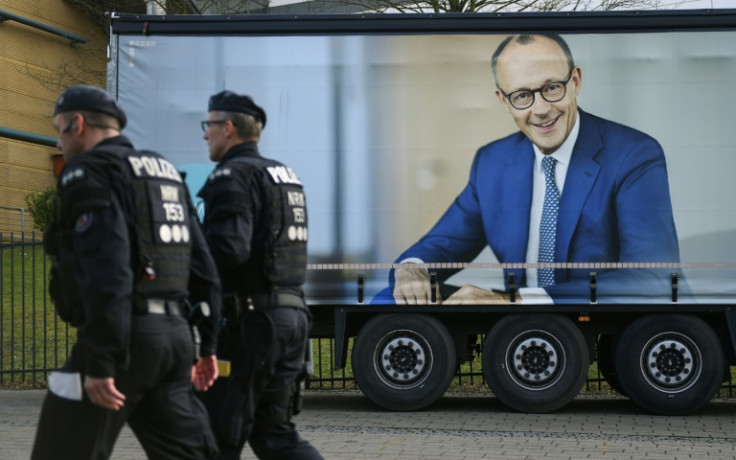
AFP
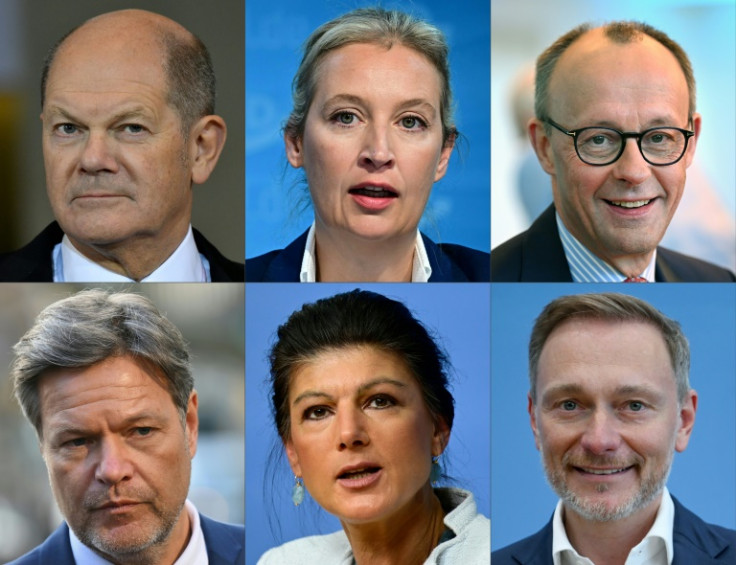
AFP
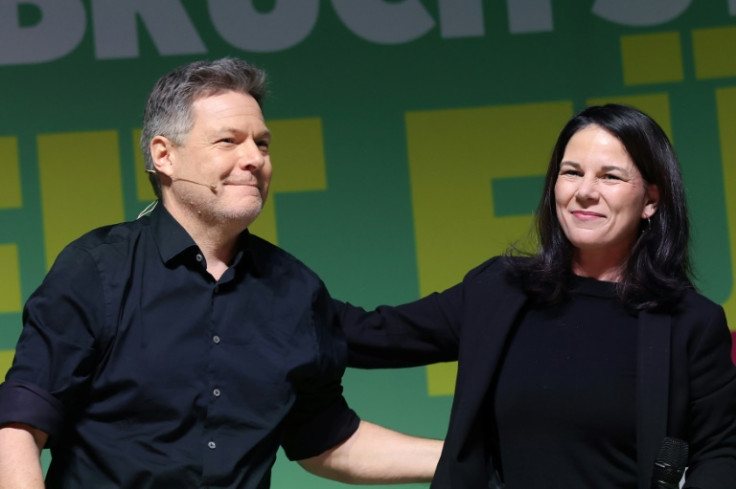
AFP
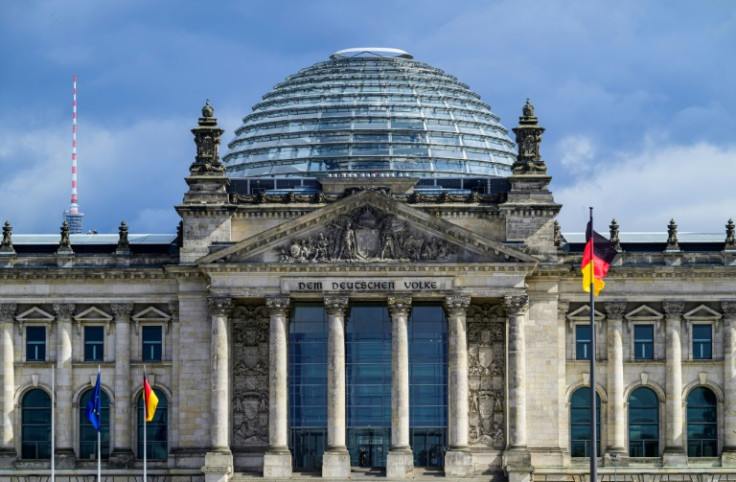
AFP

AFP
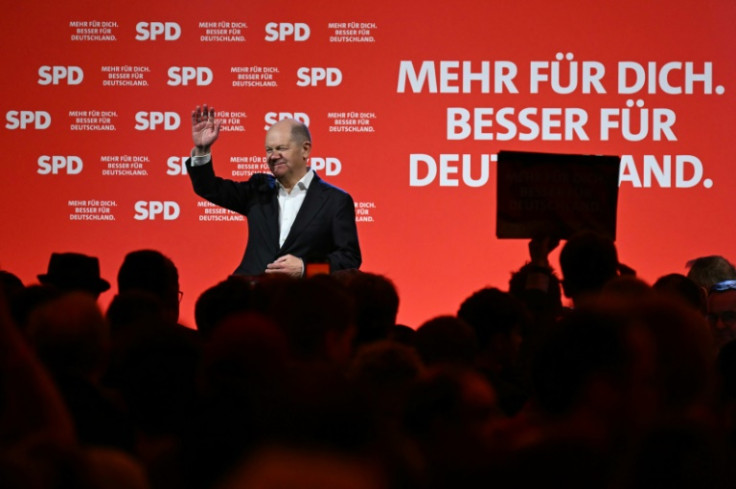
AFP



